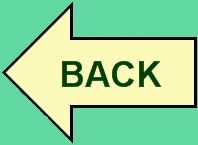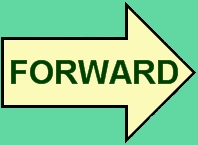[Articulating Betweenity]
Captioning CODA
The final part of this exhibit is connected to the rest of the text, though perhaps not necessarily elemental. It serves, ironically enough, much like a musical coda, a more or less independent passage, placed at the end of a composition, and offered to bring it to a satisfactory close. It is a text about the art and skill of captioning itself—a tale told by a CODA himself, my son, Karl Fredal.
Karl grew up in a household where captioning was always on the screen, and he fell into his first college job as a captioner for the DALN in order to render all of the DHH collection videos with captioning so that his mother (that would be me) could actually access the DALN archives and write this text. We might argue then that this text, although not authored by Karl, is authorized by Karl. You would not have this text then either, dear reader/viewer, were it not for Karl’s captioning skills; he is our own “conduit of intent,” the mediator between you (my audience) and me (the author). He is our relational link—the between force—that quite literally made the DALN archives accessible to me (his mother) by captioning many of the videos I would need to work with (for even the Deaf and Hard of Hearing collection had remained uncaptioned on the DALN site for two years).
For these authorizing reasons, I want then to end this piece with some of Karl’s own thoughts about captioning, told in his own literacy narrative interview with Cynthia Selfe one brutal winter day in November 2010. I have tried for many years (over a decade, in fact) to advocate for captioning—sometimes politely and sometimes just by being pushy. And now here is my (CODA) son, much like Lennard Davis perhaps, articulating his own way around such matters—while I offer my own (between the lines) commentary on his own words. In the end, I hope the tapestry of literacy being woven here—between me (the author-interpreter of this piece), between the “subjects” of the DHH narratives (who themselves weave many tapestries), and between Karl, the “conduit of intent” who also then authors and interprets—will become not just apparent but appreciated.

